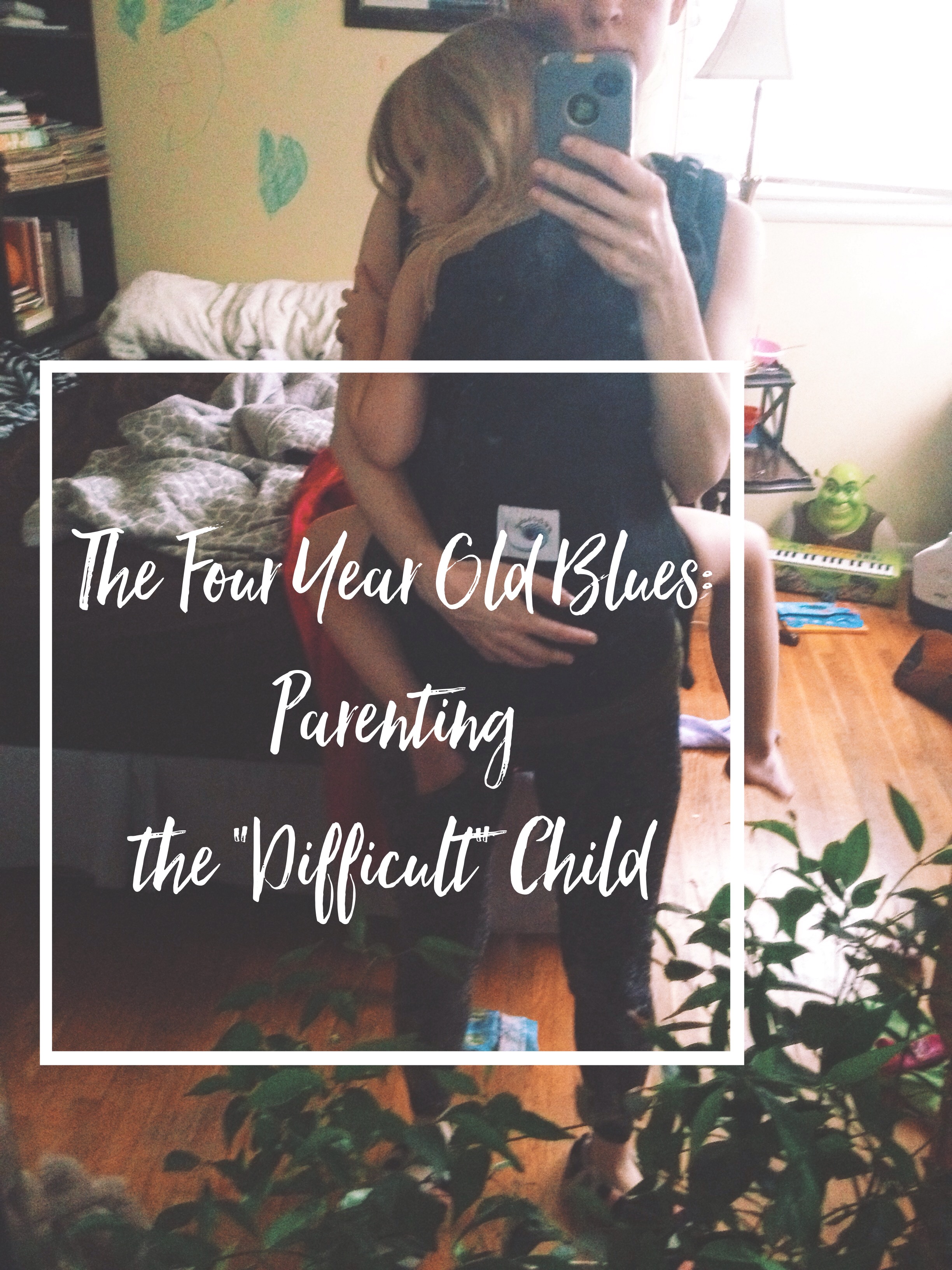At first glance I might not strike you as the depressed type.
I'm high functioning. I go to my job. I get dressed. I take showers (sometimes.) I don't look like what people think depression looks like.
When I became a parent, it was difficult to keep things together because my home is where I let things fall apart. With children at home, there were no more safe spaces for me; their health and well-being took precedent over my coping mechanisms. I had to wash dishes regularly. I had to make food.
I had a crappy year in 2015 and 2016. Someone I thought loved me hurt me. Someone I thought was a rock wasn't. It became difficult to do simple things. I think certain points of our lives cause us to rethink our coping mechanisms. Turns out, mine were barely holding on.
We all know that self care is important. So we click on the articles and pin all the relevant posts. But honestly, if someone tells me to take a bath in rose petals one more time, or to adopt a slow yoga routine, I'm going to lose my mind.
It's so hard to get to the peak of self care when you're still at the bottom of the mountain, you know? When you have no self care routine in place at all, it's not just a matter of taking a bath to set everything right. Self care feels unattainable.
---
In the west we learn a sense of duality. We learn this-or-that thinking. My darkness is bad, and that's simple. Light is good and that is simple. And when I am down in the depths, I also am not good. It cannot be another way.
I cannot clean my house. I hoard things because I'm afraid of needing something and not being able to get it. I forget to take a shower for a day too long.
I take it out on people, too. My boundaries are bad. They hurt someone else and that makes me bad.
Does this sound familiar?
If it does, I'm sorry. This is your story too. I don't have much advice other than what sounds the same throughout the internet: meditate, take some vitamins, drink the wild air, put your feet in the grass, go to a therapist, take some pills.
Instead, I want to show you what depression looks like.
It looks like a fever blister because I don't sleep or eat.
It looks like an unusable room because I just throw things in here and close the door. Boxes and boxes of memories that I don't want to see or acknowledge.
The truth is that I've been writing this for over 4 months and I keep having to stop. I keep saying that things will get better, but I don't know that.
A few months ago I posted on Instagram what a gift it is when I wake up and feel unburied. Most mornings I start so deep into my own mental state that getting out of bed is exhausting, but sometimes I wake up already on top. These mornings are a rare and precious gift.
The secret response was overwhelming. Fewer "likes" and a lot more direct messages. We are hiding. We suffer and we hide.
The truth is that I don't have an answer but I see you.
Maybe that's enough.
---
Required Reading:
World Health Organization fact sheet on depression worldwide
The radical things people do to escape depression: "A Really Good Day" - The Atlantic






